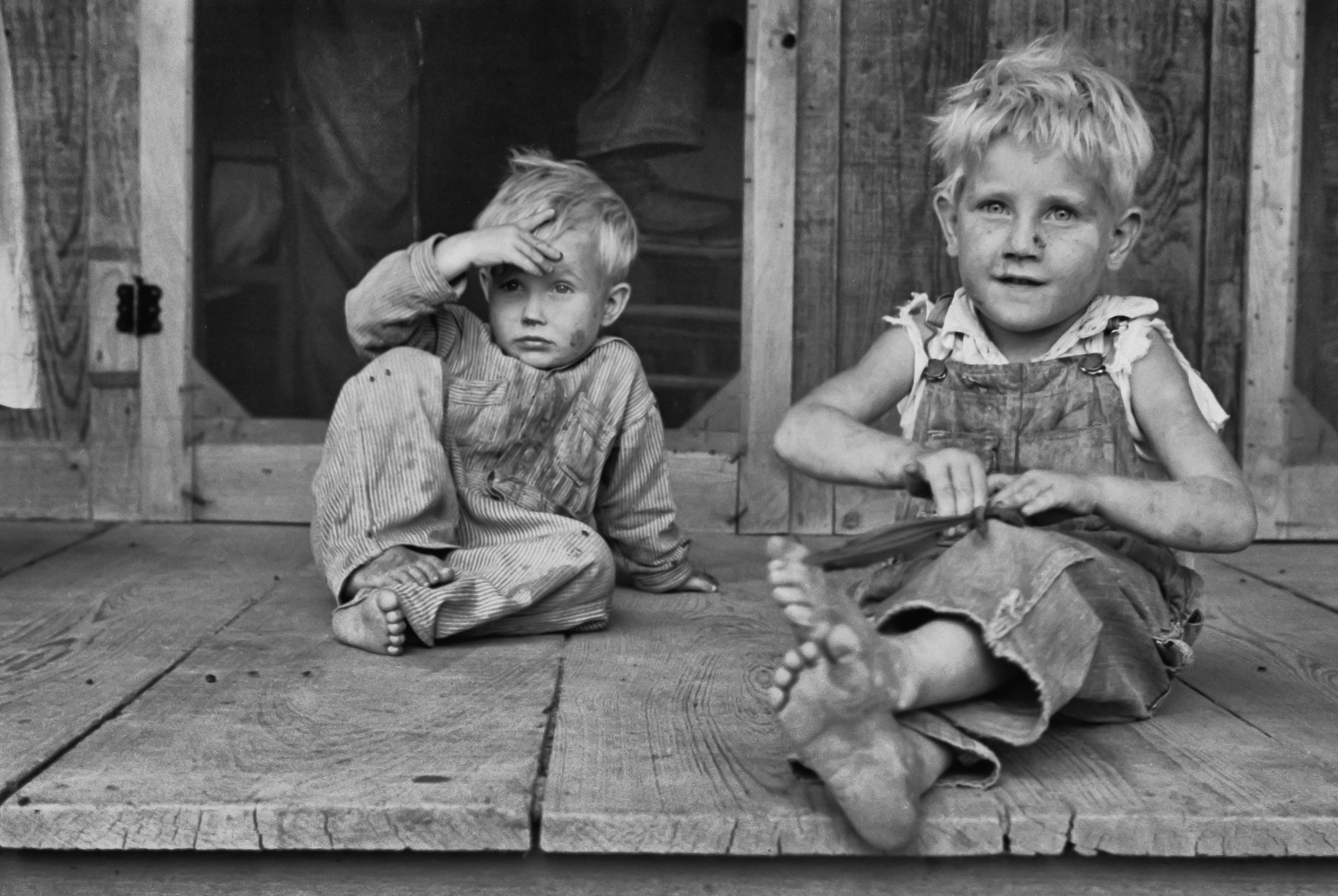Monday began for me like many days over the past couple of years, that is, awake before 5 o’clock in the morning. For some reason, I have developed a continuous sleep limit of between 5 and 6 hours and at that point I find myself wide awake. When this happens, I reach for my phone and catch up on what’s going on in the world, or if what is dominating the news is particularly mean-spirited or divisive (and not much isn’t these days) I’ll look for business stories about changes in personal technology or consumer related news.
I came across an article about the steps Walmart is taking to fend off deep discounting grocery stores, most notably Aldi which has taken a substantial bite out of Walmart (and other grocers’ market shares.)
This made me think about something we all heard a few years back. Namely that Walmart was too big and too powerful and it needed to be stopped before it had a monopoly on retail sales in the US. My reaction to calls for the government to “stop” Walmart was a combination of horror and amusement.
The horror is that anyone would want to trust a government to make business decisions when it hasn’t been able to balance its budget in decades. I was amused because the people calling for government controls on Walmart didn’t know history.
Founded in 1859, the Atlantic and Pacific Tea Company had a thriving mail order business before opening a few retail stores selling tea and coffee. Later the company branched out into the grocery business and by 1900 had become the nation’s first grocery chain with 200 stores. Fifteen years later, the retailer then known simply as A&P had 1600 stores and sold many items under its own A&P brand. Thus, they popularized the concept of stores offering store brands at a lower cost than the more famous national brands (something Aldi has brilliantly taken to an extreme.)
Over the next few decades A&P thrived and was, according to the Wall Street Journal “as well-known as McDonald’s or Google is today”. In short, the Journal said that A&P was “Walmart before Walmart.”
Beginning in the 1940s there were calls (not surprisingly from their competitors) for the government to break up A&P, which had become a vertically integrated firm. The great fear was that A&P would become a monopoly in the grocery business even though it could only claim a 15% market share.
After World War II, the US embarked on a massive highway building project and, which in the process, gave birth to the suburbs. With a good, fast road system now available, people could buy cheaper homes outside the central cities and easily commute to work. This movement to the suburbs transformed America.
A&P was slow to react to this population shift, but other retailers like Safeway saw the opportunity and began to build stores in the suburbs. By the 1970s Safeway had become the biggest grocer in the nation and there were concerns that it was becoming too big and powerful.
Do you see where this is going?
There are some economists who believe that inflation has very low levels for many years thanks in substantial part to Walmart’s determination to offer customers lower and lower prices. This low-price obsession has its critics, mostly labor unions and Walmart’s competitors. *
The cries to stop Walmart are much more muted now that Amazon.com’s market cap is nearly twice that of the chain founded by Sam Walton. Walmart is facing a war on two fronts. One against a German retailer with miniscule stores and an online behemoth that despite having no physical stores, is everywhere.
Fight it out guys. No matter the victor in that fight, consumers will be the winners.
* For years critics have claimed that Walmart exploits its employees by paying unfairly low wages. One of the first lessons I teach in AP economics is the need to avoid “loaded terminology” like the words “exploitation” and “greed”. Using that kind of demonizing language creates, as the old saying goes, “more heat than light.” In other words, it’s language designed to appeal to your heart and not your brain.
For the record, I advise any Walmart employees who believe they are being exploited to quit their jobs immediately and go to work for other companies that will pay them the much higher wages they deserve. Since Walmart is the leading private employer in the US, I’m guessing that doesn’t happen much, and for good reason.
Walmart or any other employer would like to lower their labor costs just like they’d love to pay less for electricity or freight, but if they are unwilling to pay the market price for power or labor, they will find few sellers of either.
The truth is that whether the market is for retail workers, teachers or grapefruit, the price is generally determined by the interaction of supply and demand. I’d love to find a wonderful school district near my home that would pay me and my teacher friends the astronomical wages we feel we deserve, but those institutions don’t exist. That’s why most of us will head back to work for the same districts in the fall and hope we’ll see a small cost of living increase.
As I constantly stress to my students, if you want to make more money, then you need to increase your human capital. Otherwise you might find yourself working for 6 cents a day.



